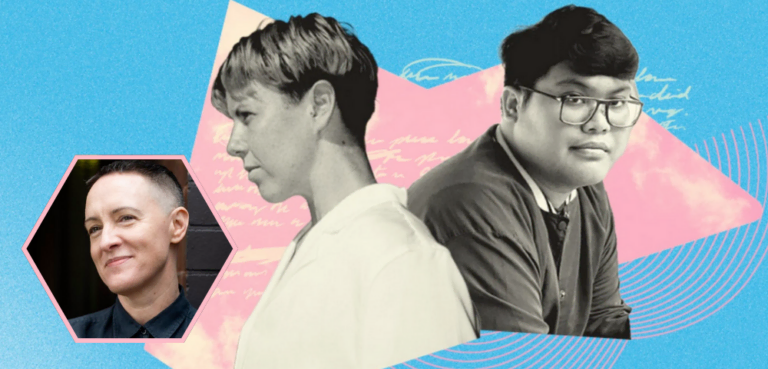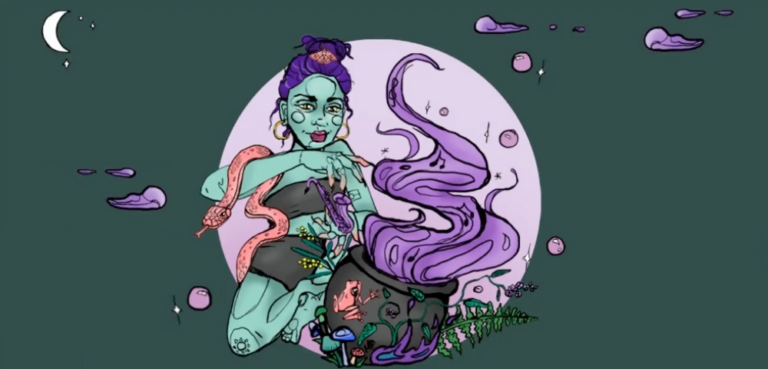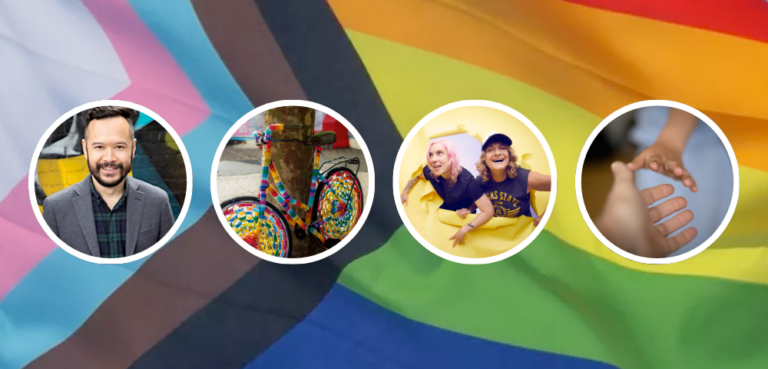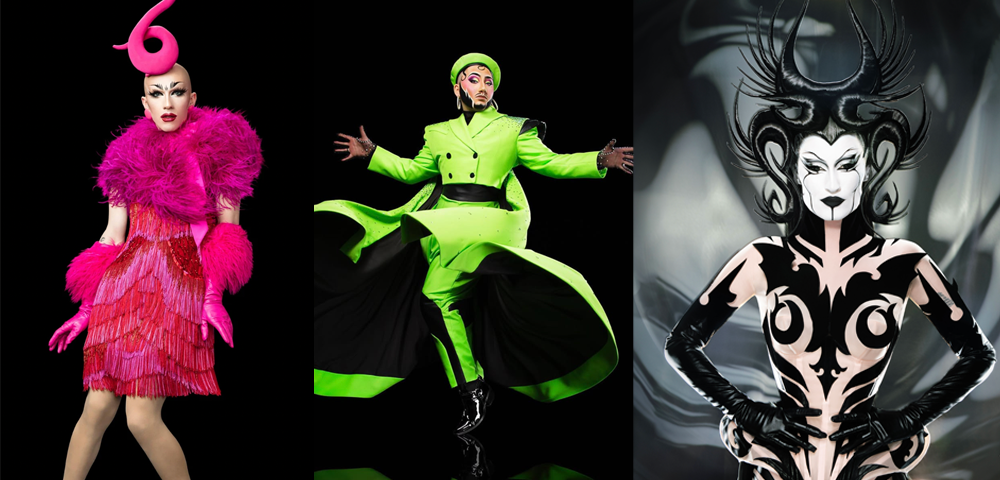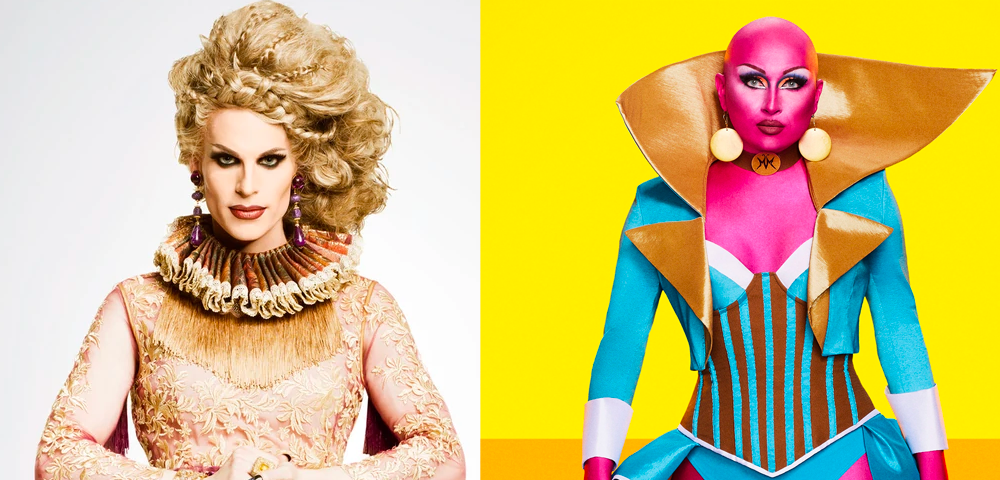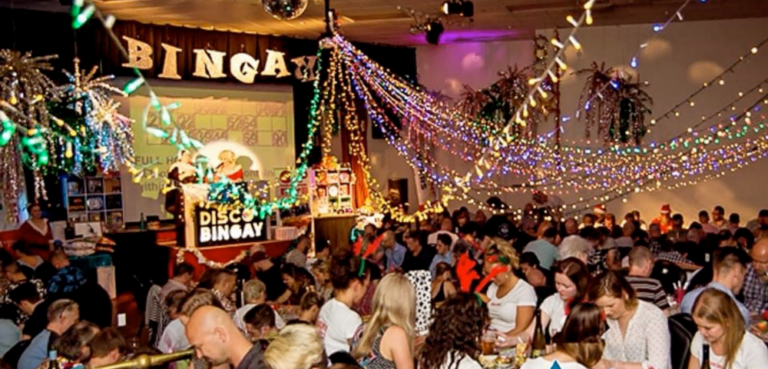
Legal equality in Belgium
Leuven-born Matthias, 21, believes Belgium’s gay and lesbian population owes the recent equality legislation to his country’s constitution and a government determined to enshrine equal rights.
In Belgium we have a general principle of equality. If laws are discriminatory, our constitutional court has the power to annul them, Matthias said.
Sexual orientation is an example which you can apply.
In 1988 the scope of the Constitutional Court was expanded to ensure certain Articles of the country’s constitution weren’t compromised.
The remit included Article 11, which, while not explicitly stating sexual orientation, is an affirmation of equality for all. Article 11 states, Enjoyment of the rights and freedoms recognised for Belgians must be provided without discrimination.
The Belgian Parliament legalised same-sex marriage in 2003, with a vote overwhelmingly in favour: the House of Representatives voted 91 to 22 with the Senate 46 to 15 votes. The law reads, Two persons of different sexes or of the same sex may contract marriage.
The reason for this equality victory lay with the change in government. After 41 years of continuous rule, the Christian Democrats were ousted in 1999 following a dioxin food contamination scandal.
The new government, a coalition of Social Democrats, Liberals and Greens, was determined to pass socially progressive legislation.
Prime Minister Guy Verhofstadt said in 2001, There is no longer any reason not to open marriage to people of the same sex. An estimated 5000 same-sex ceremonies have taken place in Belgium to date.
Adoption followed in 2006 but the vote was much closer. Speaking to the bill, Justice Minister Laurette Onkelinx said, This bill means children can enjoy a genuine statute, which is essential for their development. Their situation is not a shameful one. The legislation passed by a narrow margin of 34 votes to 33 in the Senate, and 77 votes to 62 in the lower house.
When you’re speaking of adoption you’re speaking of a third person. People considered the effect it would have on the child and Parliamentarians were concerned with the rights of the child, Matthias said.
Despite the virtually-equal legislation, Matthias believes that the broad Belgian society still has a way to go before accepting homosexuality unconditionally.
There is still a stigma attached to being gay in Belgium. It can be seen as something that is abnormal, he said.
Matthias believes the annual Pride marches in Belgium have had a significant impact on changing society’s views on homosexuality. I think they play a very important role in the development of understanding on being gay. They open debate on issues and debate is the first step to acceptance, he said.
To address this stigma and attempt to change public opinion, the Government has run advertising campaigns with straplines such as Gay, so what?
The Government would lose credibility if they implemented the laws but didn’t do it completely right and attempt to change public perception, Matthias said.
Matthias came to Sydney on an exchange semester studying law.
Only after I arrived did I discover that acceptance of homosexuality is even greater here than in Belgium. Passing the legislation is one thing, but acceptance is so much better.

